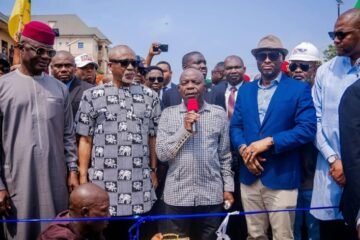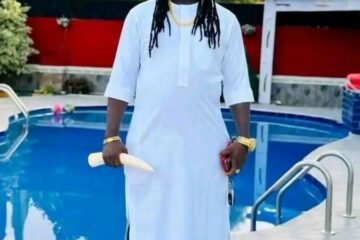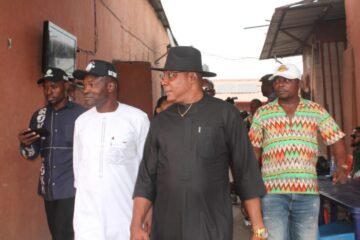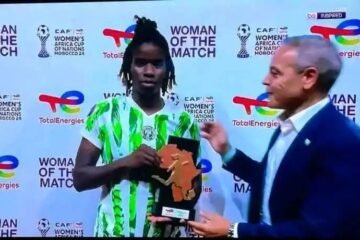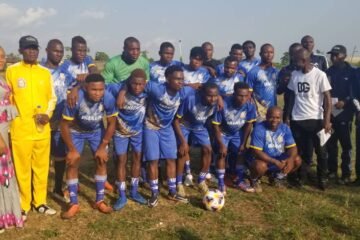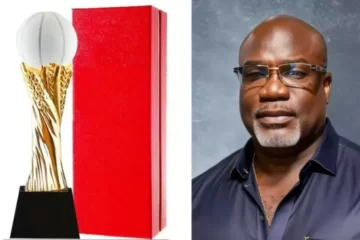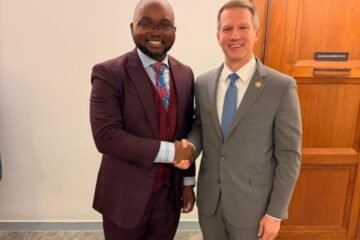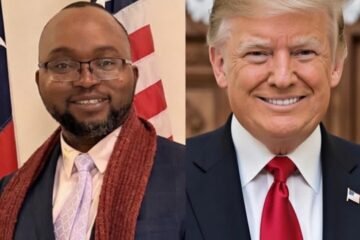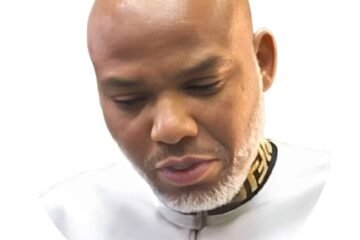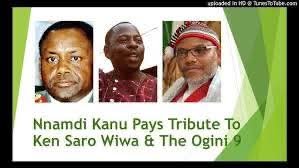It is now official. President Tinubu has granted general amnesty to Ken Saro-Wiwa and other Ogoni leaders who were condemned to death and executed by the Nigerian government in the administration of General Abacha as military Head of State. For those who do not know, Ken Saro-Wiwa was a renowned writer and environmentalist who mobilized Ogoni people to demand some kind of independence for Ogoni people in Nigeria. Ken’s case is what many now called fiscal independence. He wanted Ogoni to control the oil in Ogoniland and its revenue. For a country constituted on the basis of federal ownership of all mineral resources, particularly oil, this was a direct and violent challenge to the sovereignty of the Nigerian state.
Ken Saro-Wiwa did not just demand for self-determination, he mobilized the entire Ogoni people to shut down oil operations in Ogoniland. This was the most determined and eloquent challenge to the Nigerian state since the Biafra secession. In several rallies, he denounced the Nigerian military state of genocide against Ogoniland, an indigenous Nigerian people facing extinction at the hand of Nigerian majority ethnic groups.
The showdown with the Nigerian military state culminated in a tragic murder of some prominent Ogoni leaders who sided with the federal government against Ken and his agitators. The Nigerian military government orchestrated a highly flawed criminal trial that resulted in their conviction and subsequent execution. The trial was generally denounced as a witch-hunt, lacking all verities of a fair trail. A representative of the UK Bar Council and the Law Society, Michael Birmbaum, a Queen Counsel, wrote that the tribunal was a hangman’s court and the trial was a judicial persecution. The world agreed and expelled Nigeria from the Commonwealth and other important world fora because of the murder of Ken Saro-Wiwa. I recall my interview with Joshua Hammer of Newsweek in 1995 where I described the tribunal that tried Ken and his colleagues as a “Hangman’s Court”.
The clemency granted the convicted and murdered Ogoni leaders could be interpreted as an admission that their trail was rigged and unfair. By pardoning these dead leaders, President Tinubu admits that they should not have been tried and convicted. Perhaps, Tinubu is saying that agitators for self determination should not be imprisoned as their offenses may have more to do with politics rather than normal criminality.
There is a lot of similarities between the Ogoni and IPOB saga. The circumstances leading to the trial of Nnamdi Kanu are not the same as those of the trial of Ken Saro-Wiwa and other Ogoni leaders. But there are significant similarities. Both struggles are against perceived oppression, suppression and even genocidal assault against an ethnic group. Both seek a degree of self-determination. Both ended in violence, resulting in gruesome murders of prominent members of society. Just like the Ogoni struggle, the neo-Biafra struggle is not itself illegal or illegitimate. But the degeneration has caused harm to society. But the harm, intended or unintended, is of a political nature. The Nigerian government now looks favorably to the history of the Ogoni tragedy and would want a reconstruction of relationship between Nigeria and Ogoniland.
This is the template to apply to the Nnamdi Kanu saga. In the Nnamdi Kanu’s case, as in the Ken Saro-Wiwa case, politics is more definitive than law.


